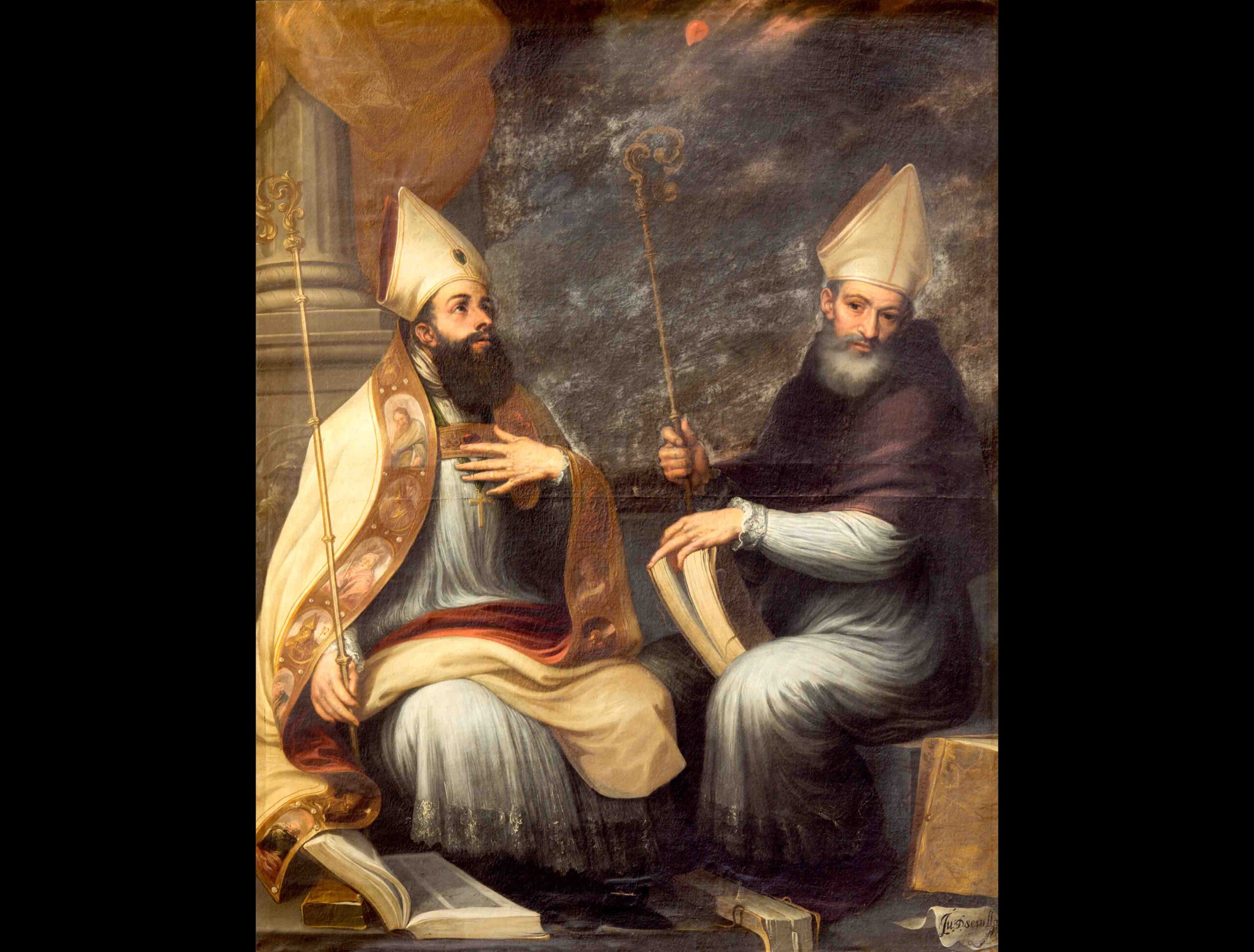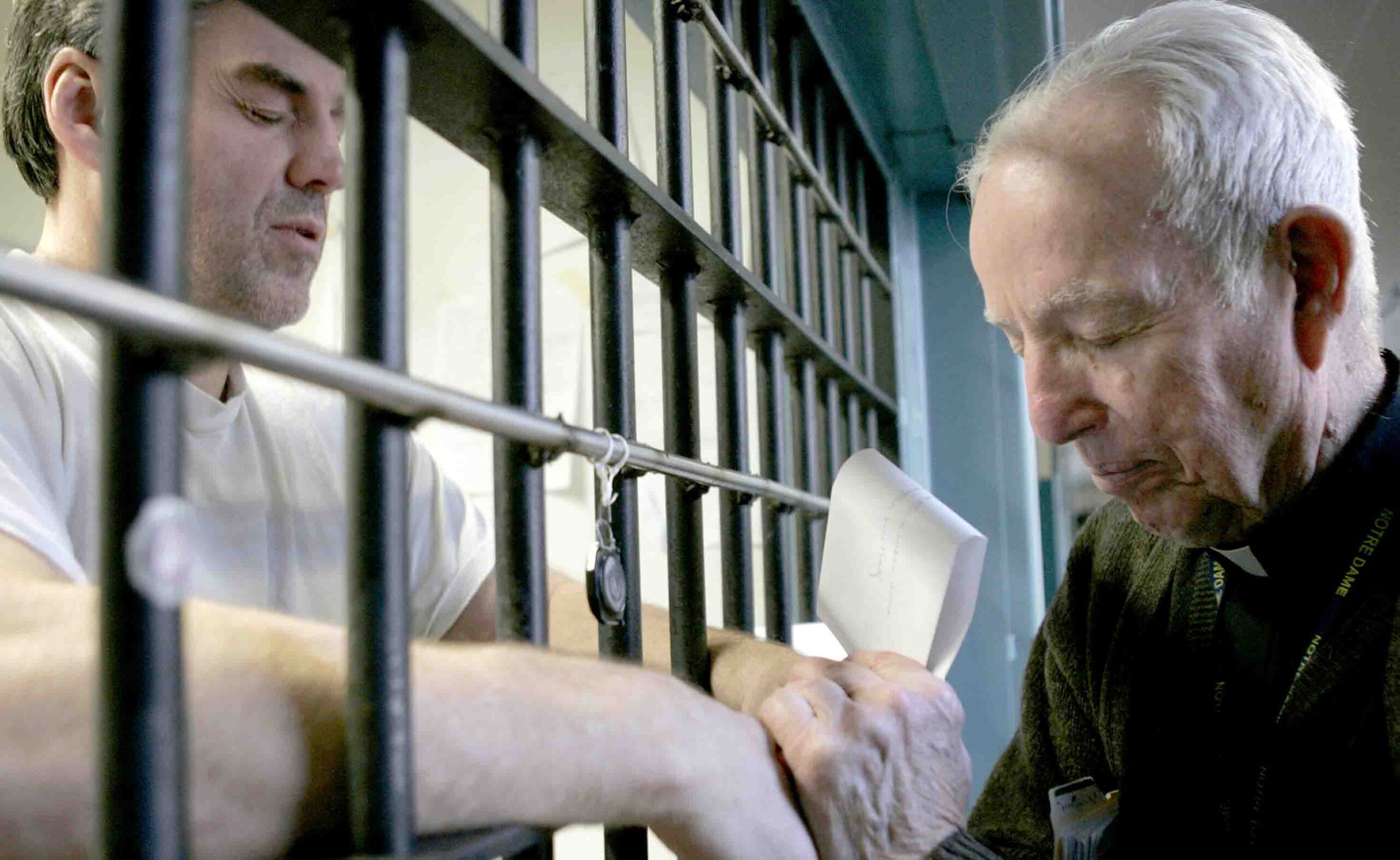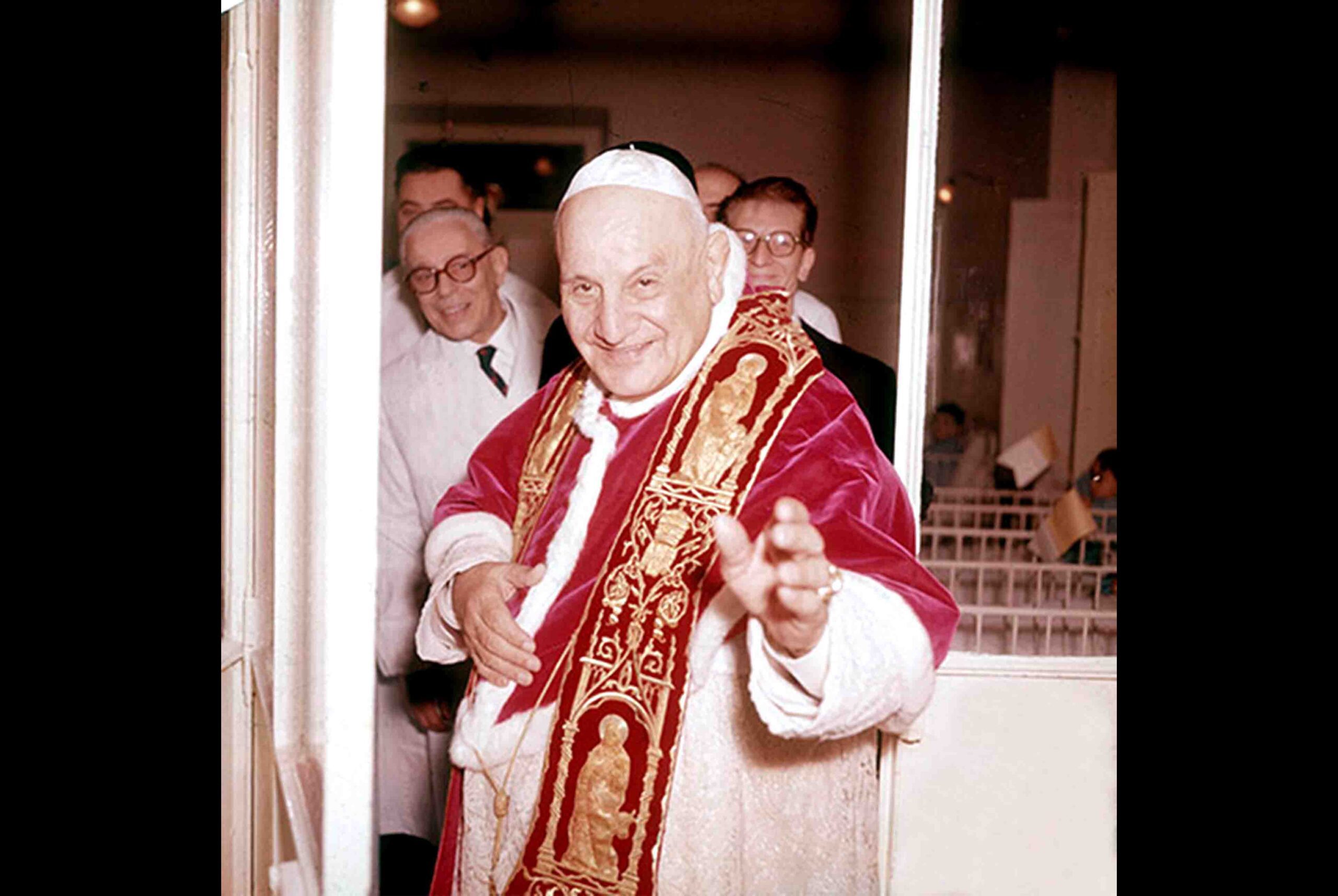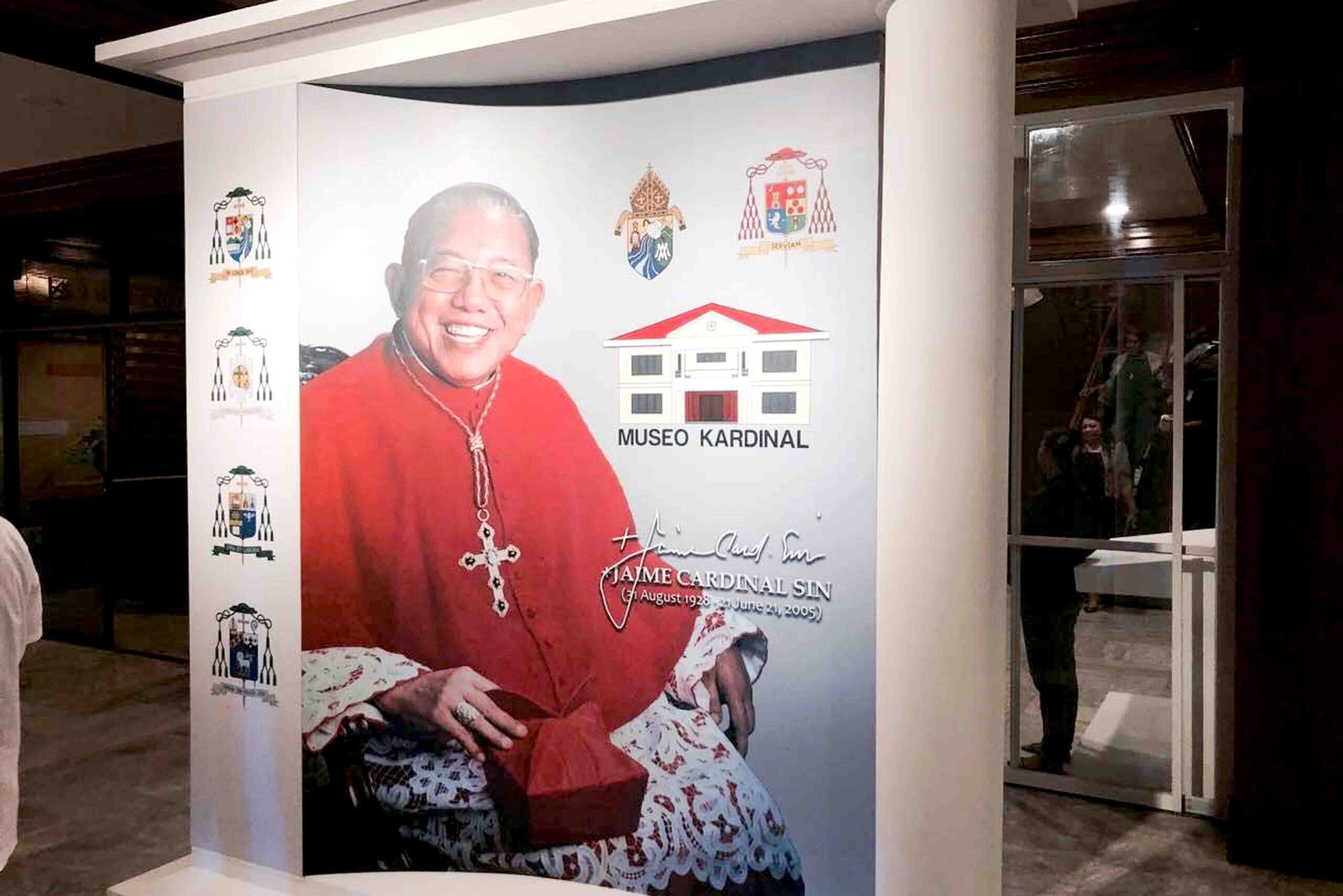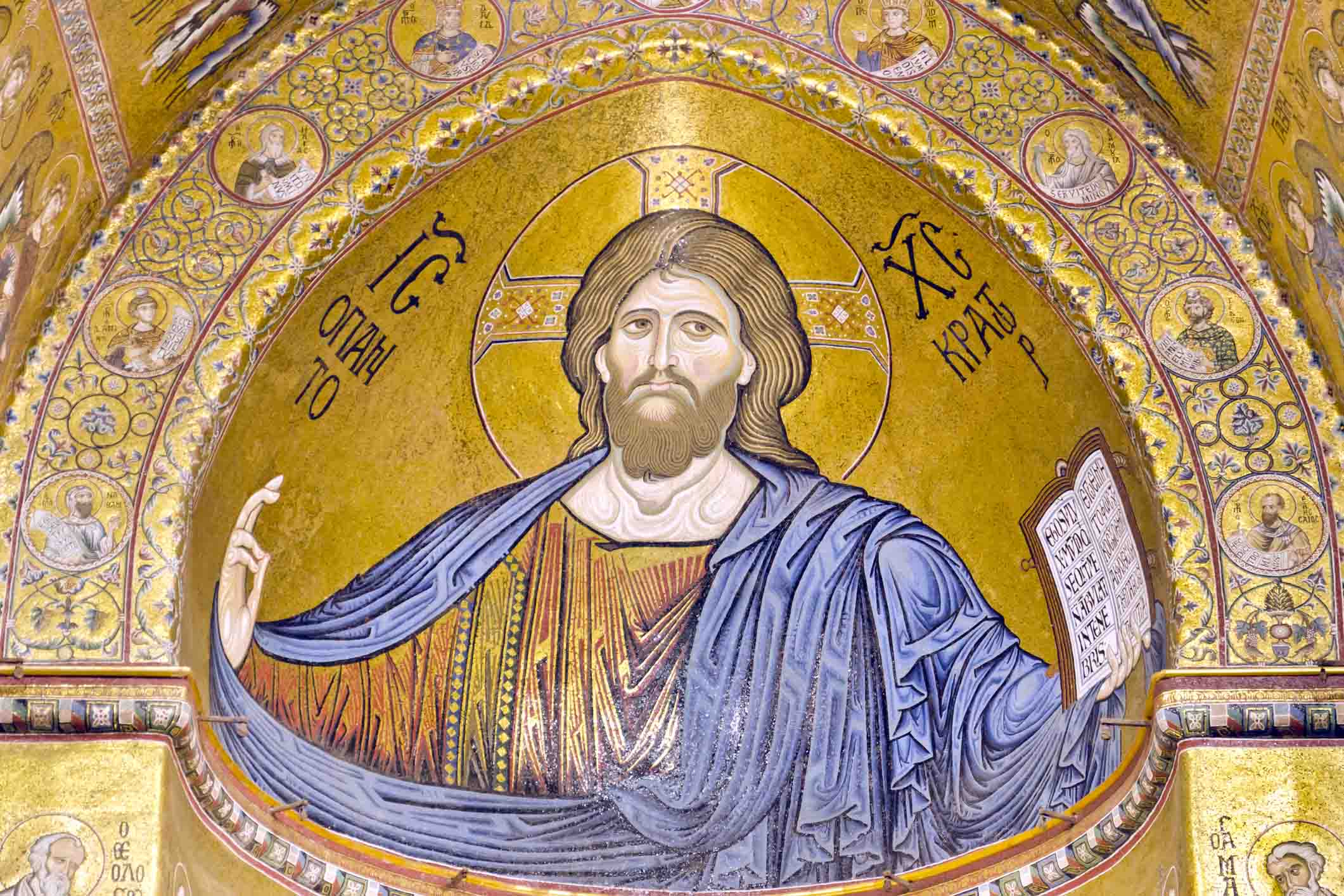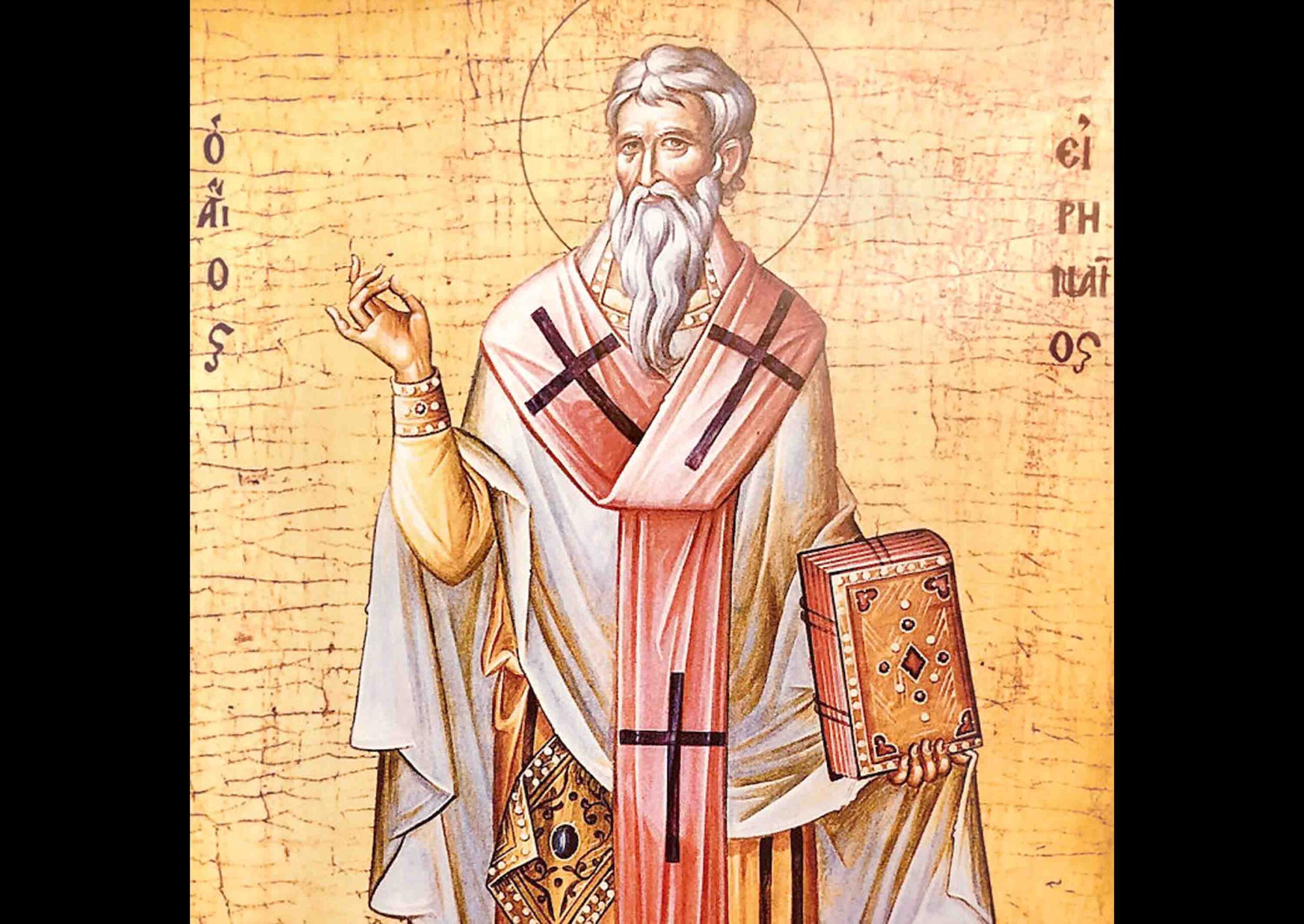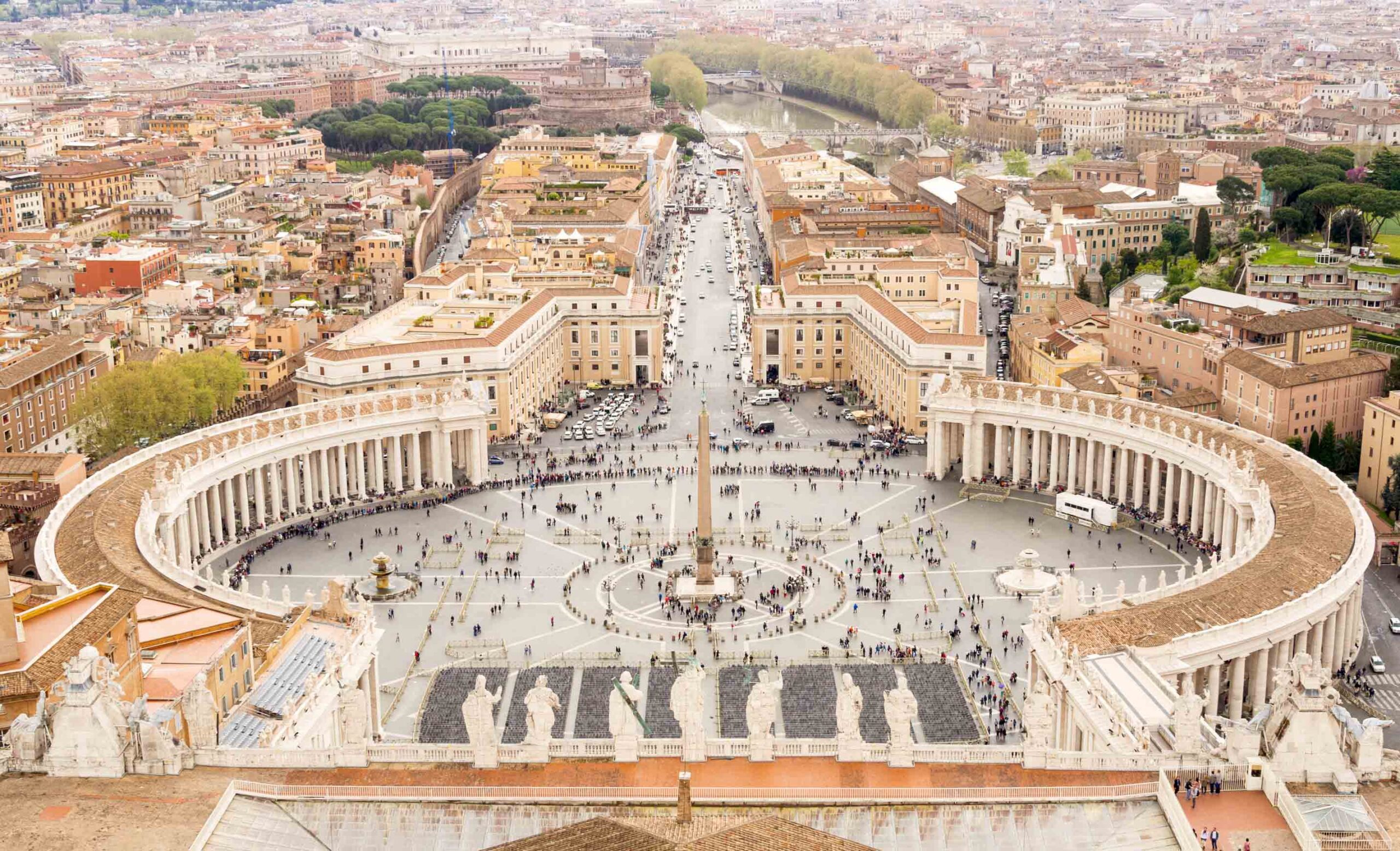Ambrose was born around 340 AD to a Roman Christian family. He grew up with his siblings in present-day Germany. After Ambrose’s father passed away, he was educated in Rome, where he studied law, literature, and rhetoric. Like his father, Ambrose received a place on the council and was made the Governor of Liguria and Emilia around 372 AD. His headquarters were in Milan, the then-second capital of Italy.
After the former Bishop of Milan died, Ambrose attended the election of the new bishop. While giving an address, the assembly called for him to become the next bishop. However, being not yet baptized, Ambrose refused. He ran and attempted to hide, but his colleagues gave him up. Within a week, Ambrose was baptized, ordained, and duly consecrated bishop of Milan on December 7, 374 AD.
He was a strong leader who dared to stand up against the emperor. He used to say, “The emperor is in the Church, but the Church is above the emperor.” Using his education and knowledge of Greek, he studied the Old Testament and Greek authors. He used all this while preaching, and his abilities impressed Augustine of Hippo, who previously thought poorly of Christian preachers.
After meeting Ambrose, Augustine re-evaluated himself and was forever changed. In a mystical experience, he heard God calling him through Scripture. In 387 AD, Ambrose baptized Augustine. Augustine’s mother, St. Monica loved Ambrose “as an angel of God who uprooted her son from his former ways and led him to his faith in Christ.”
“THE CELL WHICH IS INSIDE YOURSELF”
This is how Saint Ambrose writes about prayer: “The Lord Jesus has made you know in a divine way the Father’s goodness because he grants you what is good so that you may ask him good things because he is good himself. He has recommended that we pray intensely and frequently, not so that our prayer might reach boredom but so that it may resume at regular and short intervals.
A prayer that drags too long often becomes mechanical, and, on the other hand, excessive distance in time may become negligence. When you ask forgiveness for yourself, it is the right moment that you should remember to forgive others. Thus what you do will be a commendation to your prayer.”
Also, the Apostle writes that we should pray without anger and arguments so that the prayer may not be disturbed and made untrue. He also teaches that we should pray everywhere (Cf. 1 Timothy 2:8), in connection with what the Savior says: “Enter your room” (Matthew 6:6). You must understand a room not delimited by four walls where your person may be imprisoned, but the cell which is inside yourself where your thoughts are enclosed, where your feelings find their place. This chamber of your prayer is with you everywhere, is secret wherever you may go, and in it, the only judge is God alone.
COMMUNITARIAN PRAYER IS INDISPENSABLE
“We are again taught that we must pray for the people in a very special way, meaning for the whole body, for all the members of our mother (the Church): the sign of our mutual charity. If you pray only for yourself, you will pray only for your welfare. And if the individuals pray only for themselves, grace will only be proportioned to the prayer that each one does, according to their greater or smaller dignity. If, instead, each one prays for all, all pray for the individuals, and the advantage is greater.
Therefore, in conclusion, if you pray only for yourself, you will pray for your interest, but alone, as we have said. If instead you pray for all, all will pray for you. Because within the wholeness you will find that you are included. The reward will be greater because the prayers of the individuals put together will obtain for the single one all that the whole people are asking. There is no presumption in this, but greater humility and more abundant profit.”
I will underline one aspect of this richness: Saint Ambrose teaches us a fundamental reality. If you pray for yourself, you do it alone; if instead, you pray with all and for all, you put yourself into the flow of the great prayer of Mother Church, and all will pray for you. That is to say that communitarian prayer is indispensable without taking away the value of individual prayer. Because of the community’s prayer, the ones who never pray, even the unbelievers, will find the charity of those who are praying on their behalf.
Ambrose authored many of the Church’s important writings and hymns. He is credited with composing the repertory of Ambrosian Chant, also known as the Antiphonal Chant. He is also credited with composing the hymn “Te Deum,” which is believed to have been written when he baptized the future Saint Augustine.

